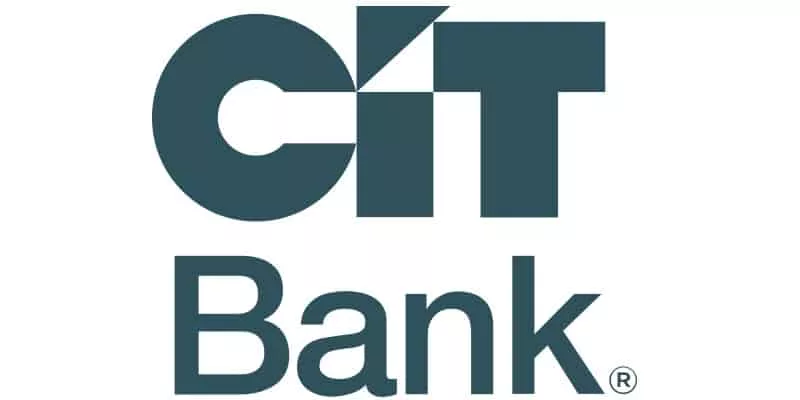A savings account is an investment vehicle that allows you to earn interest on your money while keeping it safe from market fluctuations. Learn more about these accounts here!
1. Interest Rates.
There are two main types of savings accounts: traditional and online. Traditional savings accounts pay interest at a fixed rate, usually between 0% and 1%. Online savings accounts pay interest based on how much money you deposit into them. These rates vary widely, but some online savings accounts pay as high as 5%, while others pay less than 0.1%.
2. Safety.
You should choose a savings account with a low minimum balance requirement so that you won’t need to worry about having enough cash on hand to make withdrawals. This will help ensure that you’ll never run out of money. Also, keep in mind that there are fees associated with opening and maintaining a savings account. Fees can range anywhere from $0 to $10 per month.
3. Flexibility.
If you’re looking for a place where you can safely store your money without worrying about losing it, then a savings account might be right for you. With a savings account, you can earn interest on your money by depositing it into the account. Interest rates vary based on the type of account you open. However, some banks offer higher interest rates than others.
4. Access.
You should also consider how much access you need to your money. Many people prefer online banking because they can check their balance at any time and make transfers between different accounts. Other people prefer checking their balances in person at a bank branch. It’s up to you what works best for you.
5. Tax Advantages.
If you open a savings account with a financial institution, you will likely receive tax benefits as well. Depending on where you live, you might be able to deduct some or all of your contributions to a savings account. In addition, you can withdraw funds without paying taxes.
How To Open A Savings Account?
An online savings account is an easy way to save money without having to worry about how much you deposit each month. Some banks offer higher rates of return than others, so read reviews before choosing which one to use.
What Are Online Savings Accounts?
An online savings account (also known as a virtual checking account) is a type of financial institution where customers can deposit funds into an account and then withdraw them at any time. These accounts are usually offered by banks and credit unions, and some even allow customers to make deposits via debit cards.
Why Should I Have an Online Savings Account?
There are several reasons why having an online savings account might be beneficial to you. First, you can open an account with no minimum balance requirement. This means that you can start depositing small amounts of money without worrying about how much you need to put in before you can access your money. Second, you can choose to receive payments through direct deposit, so you won’t have to worry about going to the bank every month to collect your earnings. Third, you can set up automatic transfers between your savings account and other accounts, such as your checking account. Fourth, you can use your savings account to pay bills online, which will save you time and money. Fifth, you can also transfer money out of your savings account to another account, such as your checking or retirement account. Sixth, you can invest your money in stocks, bonds, mutual funds, or certificates of deposit. Seventh, you can borrow against your savings account, which allows you to take advantage of low rates of return on investments. Finally, you can link your savings account to your checking account, allowing you to spend your money as usual while earning interest on your savings.
How Much Interest Can I Earn?
You can earn anywhere from 0% to 2% per year on your savings account. However, some banks offer higher returns than others. If you decide to open a savings account at a particular institution, make sure to check what kind of rate of return they offer.
Your Savings Rate Can Change
You'll earn interest on a savings account, but the rate can change after you open it. Rates tend to increase when the economy is thriving and decrease when it's struggling. Many banks pay low rates on savings accounts — the national average is 0.30%. But you can open a high-yield savings account at an online bank to earn significantly better rates.








